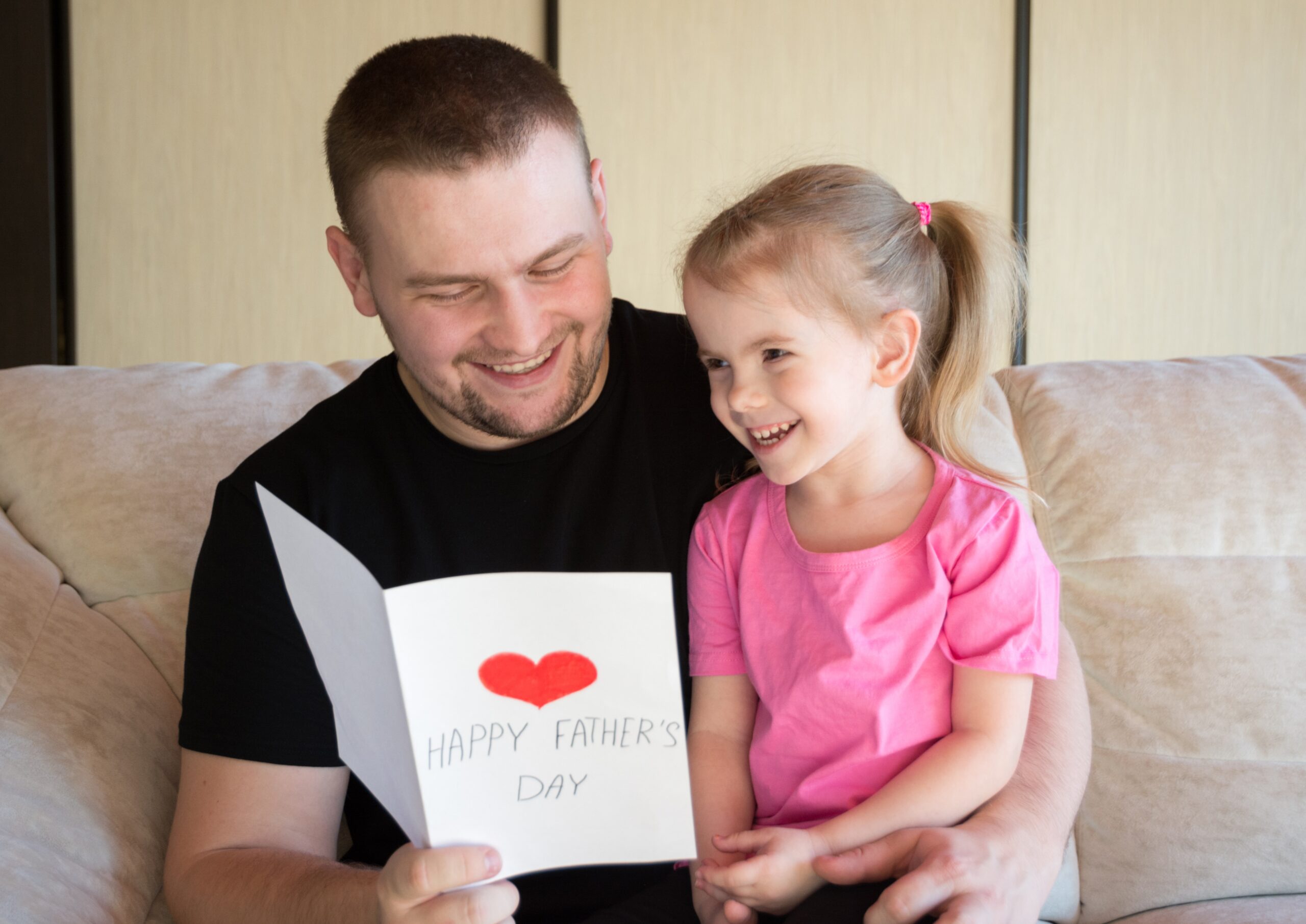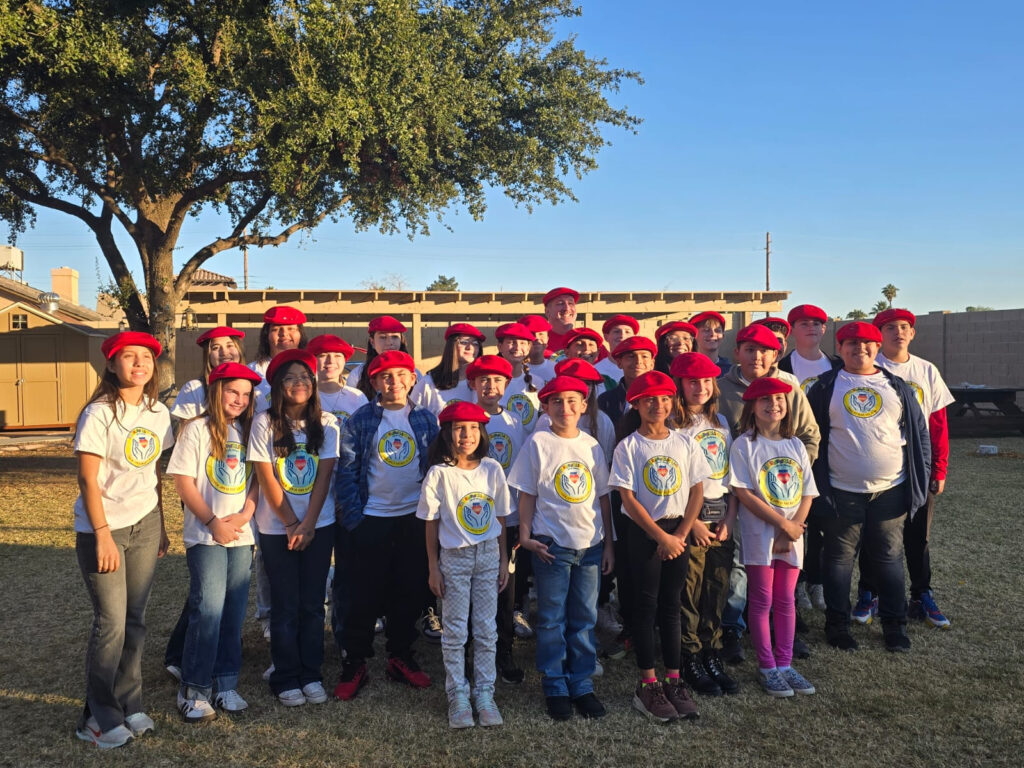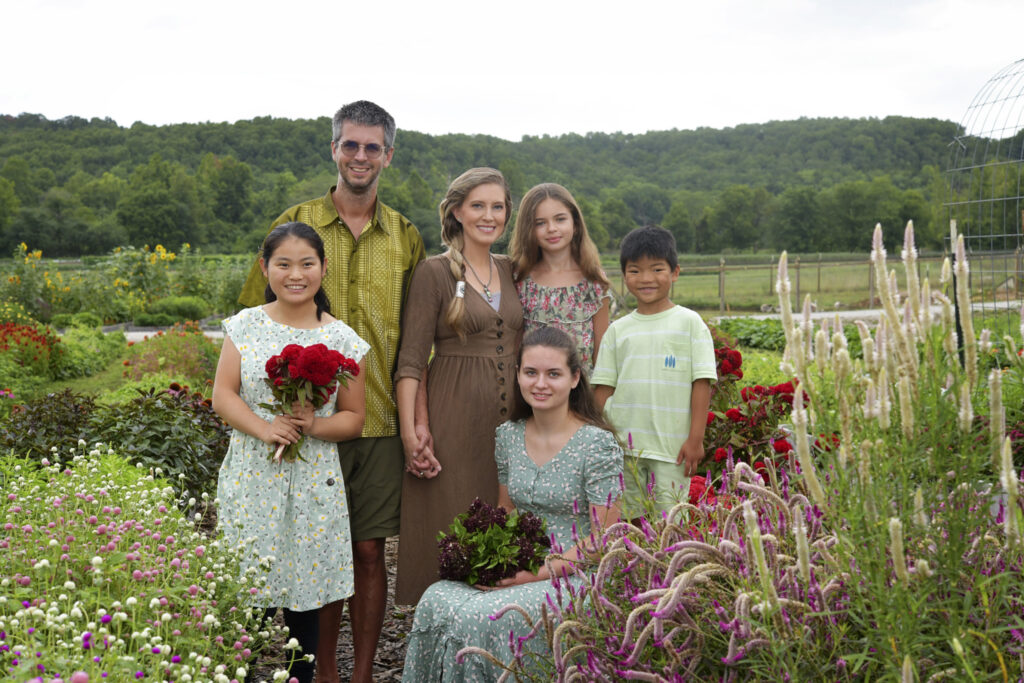As the primary educators and role models for their children, parents are naturally concerned about promoting healthy decision-making, effective goal-setting, and problem-solving opportunities in the family. This is especially true today, when it’s harder to protect kids from troublesome and potentially dangerous influences in the online world and on social media.
In 2020, the COVID-19 pandemic created an additional challenge for families. Many parents struggled with the mental and emotional impact of this crisis on their children. Normal routines were disrupted when students couldn’t go to school. They felt isolated and disconnected, and many were unable to keep up academically.
Most of us would agree that parenting in 2021 has become more complicated and difficult. As schools open up again, concerns remain. Is the education that our children receive helping them learn how to deal with the challenges they face? Daniel Goleman, in his groundbreaking book, “Emotional Intelligence,” remarks that “as a society we have not bothered to make sure every child is taught the essentials of handling anger or resolving conflicts positively.”
Smart families know that schools and peer groups will not necessarily provide enough facts, or the support needed, to empower their kids to make the right choices. Smart parents get informed and stay proactively involved in the everyday world their children inhabit. They talk with their kids. Family discussions about what goes on at school are especially important today, when there is a lot of pressure on schools to include liberal, rather than traditional, content in the classroom. Parents need to be very alert to new changes in curricula that don’t necessarily match their values.
Just how do families create a safe place for honest and open conversations? When parents and children talk about what’s really going on, in a friendly and safe way, problems can be discussed, and support given. Those children who are fortunate to experience this can more effectively manage social pressures and emotional ups and downs, and they are less likely to experiment with risky behavior. In the most ideal sense, families can be like a school of love, providing a safe and caring environment that promotes the practice of emotional intelligence within the family and beyond. If your family is already like this, congratulations! If not, you may be wondering how to move in that direction.
Parents may not be aware of the problems their children face, because a lot has changed since they were kids. Young people today struggle with an assortment of challenges that can become chronic problems. Test-taking anxiety, shyness, hormonal changes, low self-esteem, anger issues, boredom, and relationship frustrations are only some of the emotional dilemmas they experience.
When a child has social anxiety, parents can help by role-playing and practicing what to say and do in different situations. Parents can also teach their child stress relieving techniques, like deep breathing, meditation, and muscle relaxation. A child might also need help with assertive communication, which is different from being either too passive or too aggressive. We can give them lots of realistic and regular positive feedback by pointing out their strengths, and at the same time, provide support when they have difficult feelings. Parents can help their children find appropriate ways to express their emotions, give them space to feel upset, and at the same time, encourage them not to give up on the problem. The key point here is that parents have an essential role in helping their children find healthy ways to deal with life’s challenges.
But what if our kids don’t want to talk about what’s going on? My parents never encouraged us to talk about our feelings, so my brothers and I stuffed them inside, and felt alone and misunderstood. When it was my turn to be a parent, I resolved to change that into open and honest communication within my family. Easier said than done—and we weren’t very good at it.
However, some things we tried did work out: like a family tradition on New Year’s Eve. After a special dinner with a dessert everyone liked, our family gathered around the fireplace with pencil and paper. We each divided our paper in half, and on one side, wrote what we were sorry for in the past year. On the other side, we listed our goals for the new year. We took turns sharing out loud at least one item from both lists. Then the papers were cut down the middle, and the repentance portion was thrown into the fire, with a prayer of both regret for what we did in the previous year and the hope we had to accomplish our goals in the new year.
The next part of the tradition dealt with healing family wounds. Each of us had a paper with our name on it. This was passed around so that the other family members could write both what they appreciated about that person and, using respectful words, what they wished he or she would change.
I saved the papers from one New Year’s Eve because they revealed so much about our family dynamics. The suggestions about what mom and dad needed to change were written in a very respectful and brief manner. I learned two important things from my children that night: I was sometimes annoyingly forgetful, and I needed to become a better listener. That surprised me because I thought I was a good listener. Needless to say, I worked on it and made some improvements.
The appreciations were memorable: the children thanked me for letting them have sleepovers and driving them without complaining. At least I was doing something right! What did all this accomplish? Parents in my faith tradition, who practiced this with their children, shared that they felt it improved relationships within the family. It opened up a safe space for more transparency and trust in their relationships.
I wish we had taken more time to have these kinds of family gatherings on a weekly basis. No doubt, our parenting approach would have been more informed, and there might have been deeper bonding during those formative years. Family meetings can provide opportunity for conversations about both pleasant and difficult topics. They can be very informal, and should be fun, interesting, educational, and above all, safe. Simple discussions can become more meaningful with practice.
When mom and dad freely talk about what they do when faced with a roller coaster of feelings, kids understand that adults have similar challenges when it comes to dealing with emotions. We get angry, frustrated, anxious, disappointed, and sad, too; and when we share our own experiences of getting through tough times in a healthy way, this builds trust and connection with our children. We want to show our kids that it’s OK to be honest and to share their feelings and experiences, positive and negative, no matter what they are. Children need to feel confident that whatever they say, mom and dad will always love and accept them.
I depended on many resources when I was teaching and raising our children. “How To Talk So Kids Will Listen & Listen So Kids Will Talk” by Adele Faber and Elaine Mazlish, was one of them. I learned that conversations between the generations can improve when adults are able to apply some basic guidelines that help engage kids. When adults can accept and acknowledge children’s feelings, while providing appropriate discipline, this encourages cooperation and works better than punishing.
Most families with more than one child will appreciate the advice in “Siblings Without Rivalry,” also by Faber and Mazlish. Dr. James Dobson’s “The Strong-Willed Child” describes strategies for getting through to a child with a tendency to resist authority. The Focus on the Family website has many great podcasts, advice columns, and general information about raising children.
Many of us will agree that in the 21st century, the onslaught of non-traditional cultural influences makes it harder than ever for parents who want to raise their children with Judeo-Christian values. If we are to morally empower the next generation, it is essential for families to aggressively take charge of the education of their children’s character. As parents get more involved in conversations that build trust and understanding within the family, this will hopefully make a positive impact on our entire culture.













